|
To some extent, we all care about how we look. Fitness companies and influencers take advantage of this and use ripped abs and big booties to entice us into buying their products. But exercise is about so much more about achieving a so-called perfect body. Our bodies need movement to remain healthy, but today's sedentary lifestyles leave most of us chained to our desks all day long. As a result, too many of us are missing out on the myriad benefits of exercise. While you may think that exercising is simply about losing weight or building muscle, there are plenty of reasons to exercise that have nothing to do with how you look and everything to do with how you feel in your day-to-day life 1. A Natural Energy Boost Are you useless without your morning coffee? Are you always dozing off at your computer in the early afternoon? Do you find yourself obsessively reaching for a Red Bull? Then you need more exercise! Following a regular exercise regimen has been shown to increase energy levels and reduce fatigue even better than stimulant medications. Sometimes there are medical conditions that are at the root of fatigue. The good news is that research has found that even people with chronic fatigue can gain energy from exercise. Save that Starbucks money and start jumping some rope. (WebMD) 2. Improved Endurance How far can you walk before you start feeling exhausted? If walking for an hour sounds like hell on Earth, then you may want to start working on that endurance. On a cardiovascular level, improved endurance means an improvement in your heart and lungs' ability to provide oxygen to the rest of your body. Muscular endurance allows your muscles to perform work without fatigue, which is particularly helpful if your career or lifestyle requires repetitive physical labor. (Healthline) 3. More Stamina Maybe you don't work at a desk. Perhaps you move quite a bit all day long, but you still feel like you're dragging and you're exhausted by the end of the day. Or maybe you love spending time playing with your grandchildren, but you struggle to keep up. In short, you can endure, but your stamina could use some work. Regular exercise also improves how energetic you feel when performing an activity for a long time. While better endurance means your body can physically sustain activity, better stamina means that you can endure the exercise with an increased level of liveliness and energy. So when your beloved dog or energetic kids or grandkids want to run around for hours on end, you can keep up without tapping out too early. (Healthline) 4. Stronger Muscles Strong muscles aren't just for bodybuilders; they're for everybody. The strength of your muscles can mean the difference between effortlessly picking up a heavy package or needing someone else to do it for you. With regular resistance training, you can strengthen your ability to perform everyday tasks. Regular weight-bearing exercise places stress on the muscles, forcing them to change. Muscle cells grow, and the neural connection between your muscles and nerves becomes activated. (Scientific American) Consistently getting up and getting your workout in is a guaranteed way to improve your overall muscular strength, making it easier to perform everyday tasks while also fortifying yourself against injury and illness. 5. Stronger Bones Bones, like muscles, are living tissue that also responds to the good stress of exercise. Working out can help build up bone density which becomes increasingly crucial as we grow older. Inactivity is a critical risk factor for conditions such as osteoporosis, which leaves older individuals vulnerable to breaks and fractures. (American Academy of Orthopedic Surgeons) Being older is often used as an excuse not to exercise, but it's clear that it's the perfect excuse to do so. 6. Breathe Better You know that feeling you get after walking several flights of stairs? Your breathing is heavy and intense, and you might even struggle to catch your breath. Well, it turns out that your leg muscles aren't the only things getting a workout on those stairs. When you're huffing and puffing, you're also exercising the muscles that your body uses for breathing. Engaging in physical activity makes your lung and heart muscles stronger while improving your body's ability to carry oxygen through the bloodstream. It also helps strengthen the diaphragm, intercostal muscles, and muscles in the neck involved in the breathing process. (The Lung Association) Keep taking the stairs, and over time, you'll seamlessly reach the top - without losing your breath. 7. A Good Night's Sleep If you find yourself tossing and turning every night, exercising more regularly can help. Researchers have found that exercise can improve sleep quality while also allowing you to fall asleep more quickly. If you have trouble falling asleep at night, regularly incorporating at least 30 minutes of moderate-intensity exercise may help to decrease your insomnia. (Johns Hopkins Medicine) 8. Clearer Thinking That fresh, focused feeling that I get after exercise is why I love getting a workout in before tackling any mentally-taxing tasks. I think more clearly, and the thoughts seem to flow uninhibited - and research backs up my experience. Exercising has been found to improve memory and thinking skills in several ways. It promotes the growth of new blood vessels in the brain while also increasing the volume of parts of the brain that directly control thinking and memory. Reduced stress and anxiety and improved sleep from exercise can also help with cognitive function. (Harvard) 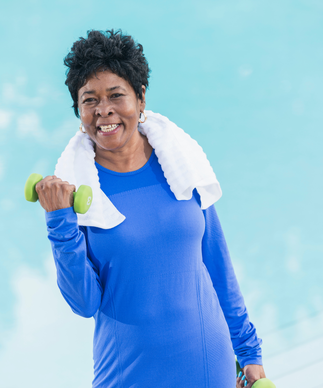 9. Reduced Risk of Cardiovascular Disease Getting the heart pumping keeps it healthy and strong. Physically active people have a lower risk of developing heart disease, and if they do, it happens later in life and with decreased severity. Regular exercise benefits all cardiovascular risk factors, including reducing excess weight, reducing high blood pressure, reducing high cholesterol, and reducing insulin resistance. (American Heart Association) 10. Prevent or Manage Type 2 Diabetes Insulin is the key that gives access to your cells, allowing glucose (which is fuel) to enter. With type 2 diabetes, insulin struggles to allow glucose to enter into the cells where it's needed. As a result, excess glucose remains in the bloodstream, shooting your blood sugar sky high. However, insulin sensitivity increases when you exercise, allowing your muscle cells to more efficiently use up the excess glucose hanging around in your bloodstream. Over time, this can help prevent the development of type 2 diabetes or better manage diabetes if you already have it. (American Diabetes Association) 11. Prevent or Manage Cancer Studies have found evidence of a link between higher physical activity levels and a lower risk of bladder cancer, breast cancer, colon cancer, endometrial cancer, esophageal cancer, renal cell kidney cancer, and stomach cancer. Exercise has a wide range of beneficial effects on the body, such as reduced inflammation, improved hormone balance, improved immune function, and many other factors that can help prevent or manage diseases. (American Cancer Association) Whether you're worried because a specific type of cancer runs in your family, trying to manage cancer you already have, or trying to maintain a healthy lifestyle once you're in remission, regular exercise is the way to go. 12. A Natural Painkiller That runner's high can be a delicious feeling. It feels like your body's reward for a job well done. Also known as exercise-induced hypoalgesia, runner's high can significantly decrease pain due to the release of endorphins, those "feel good" brain chemicals that help promote a sense of well-being. Even for chronic pain conditions, moderate-intensity cardiovascular exercise and strength training exercises can both be particularly beneficial for making your body more resilient to pain. (Practical Pain Management) 13. Improved Mood
Those feel-good, pain-numbing endorphins floating around can put you in a better mood, and if you find that you struggle with your mood often, then regular exercise may be the antidote. Research has found that the more physically active you are, the lower your likelihood of becoming depressed. (Harvard) Getting exercise is an effective mood booster even in cases of long-term depression. Research has also found that regular exercise can help with anxiety by helping to regulate the body's fight-or-flight response. (American Psychological Association) 14. Less PMS Irritability. Depression. Cramps. Fatigue. PMS can be both a metaphorical and literal pain, and I know it all too well. One of the most life-changing discoveries that I've made, though, is that remaining active during my PMS window rather than using it as an excuse to move less actually does wonders for how I feel. The pain-relieving properties of those endorphins can come in handy during that time of the month. Aerobic exercise - the kind of exercise that gets your heart pumping - has been shown to reduce symptoms of depression and fatigue related to PMS. Yoga can help to reduce cramps and bloating while also reducing stress. (WebMD) And while it also seems counter-intuitive to move when you're already feeling tired, remember that exercise can give you energy. The first few minutes might be a pain, but chances are you'll be feeling much better in the end. 15. Better Sex Increased muscular strength, less fatigue, increased stamina, reduced stress, and a better mood are all ingredients for better sex, regardless of gender. (WebMD) Exercise gets the heart pumping, which gets the blood flowing to all the right places. Improved circulation can also help reduce the risk of erectile dysfunction. Weight-bearing exercise can strengthen the pelvic muscles, meaning more orgasmic experiences. (Healthline) 16. Stronger Immune System Regular, moderate-intensity exercise stimulates many biological mechanisms linked to an improved immune system, including anti-inflammatory and antioxidant effects. Maintaining a consistent exercise habit into our older years can also help to slow down the natural reduction in immunity that occurs with age. (Journal of Sport and Health Science)
1 Comment
|
AuthorNiv Mullings is a Plant-Based Personal Trainer and Weight Loss Specialist from the Bronx, New York, currently residing in Jacksonville, Florida. After years of struggling with obesity, anxiety, depression, painful menstruation, and other chronic health complaints, Niv changed her life for the better through fitness and a healthy plant-based diet. Now she helps others to do the same. Archives
December 2022
Categories
All
|
|
COPYRIGHT © NIV MULLINGS 2021
|
Proudly powered by Weebly
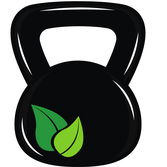
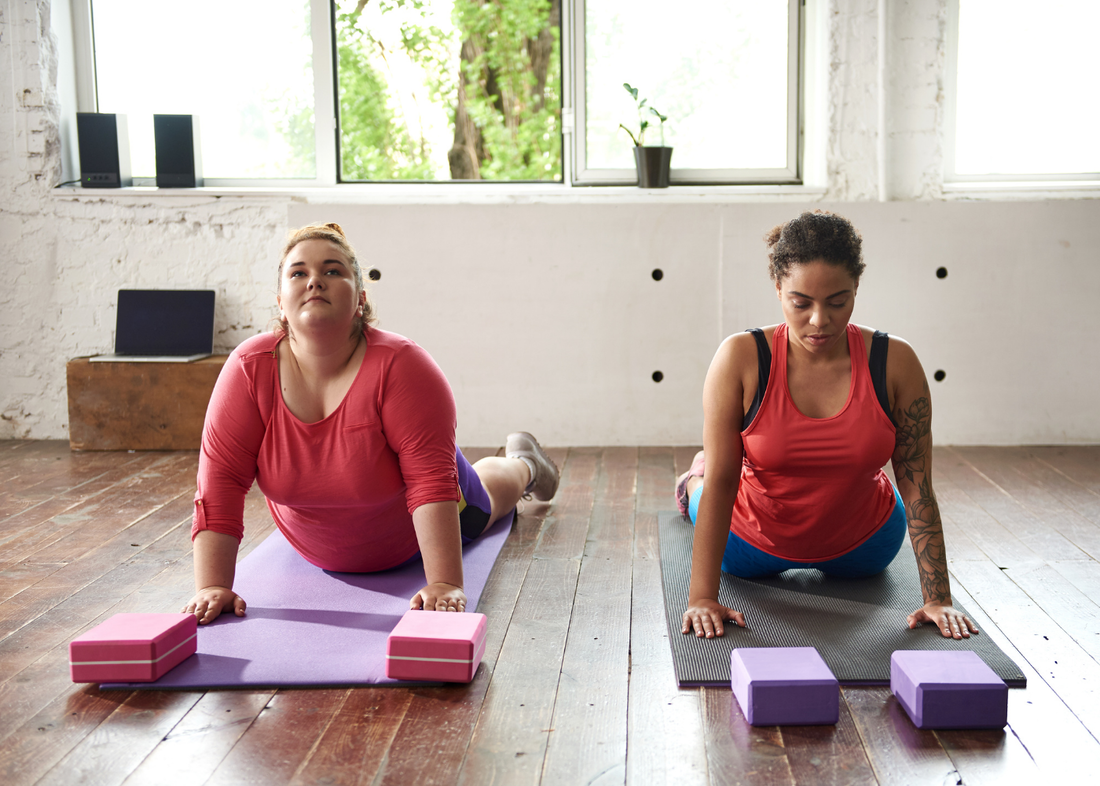
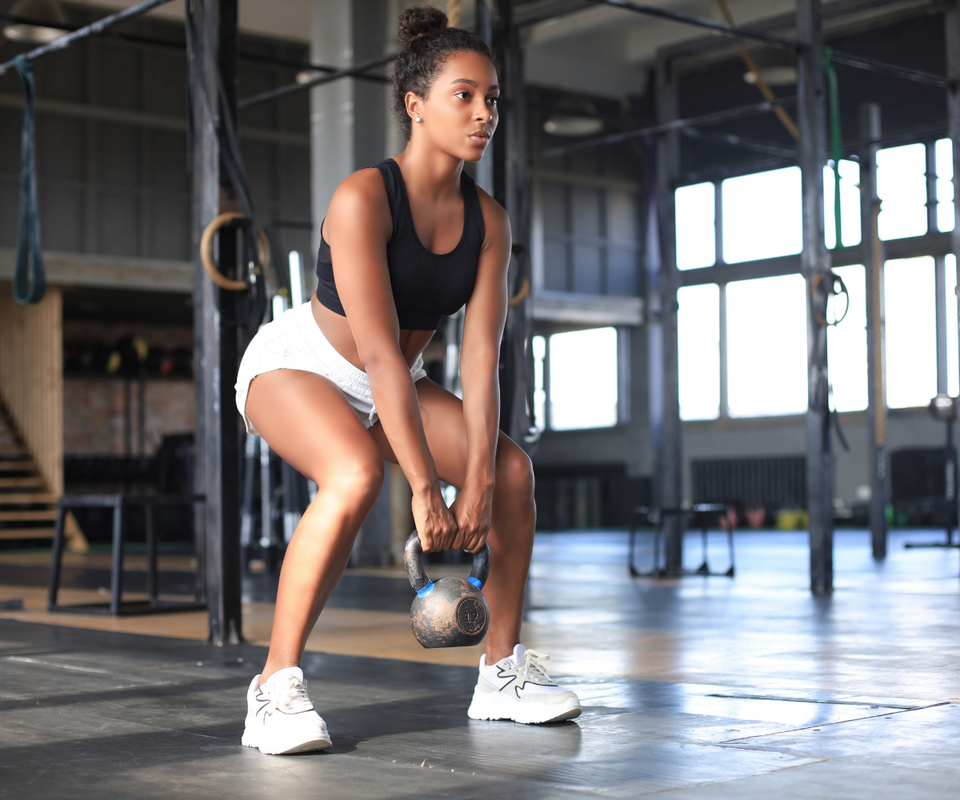
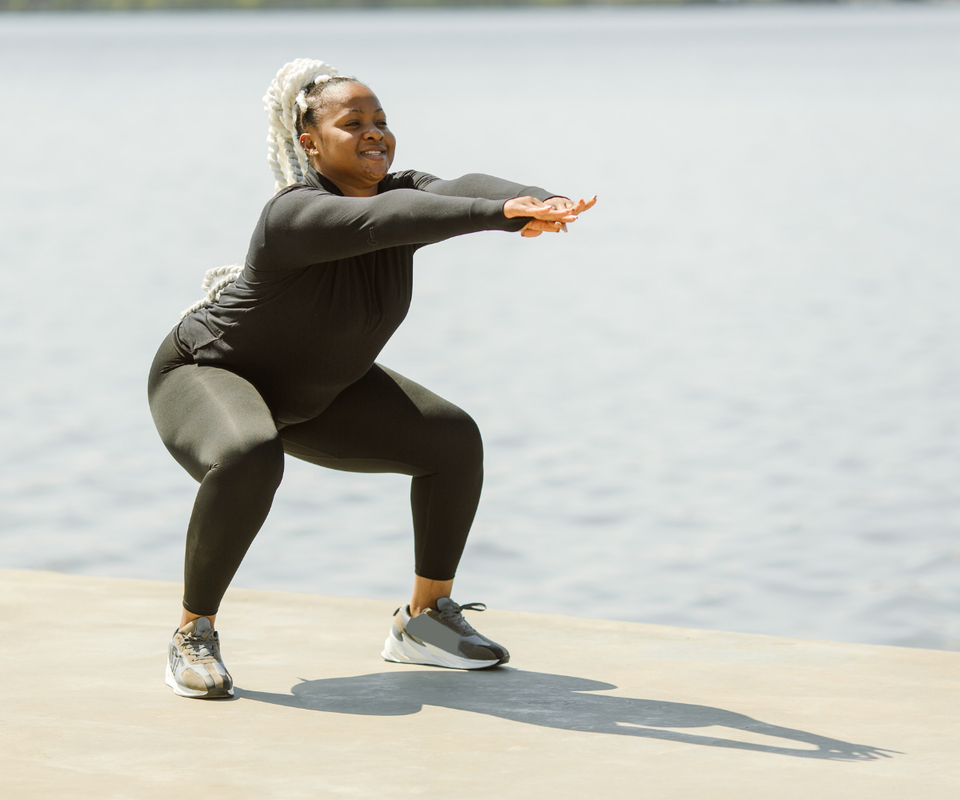
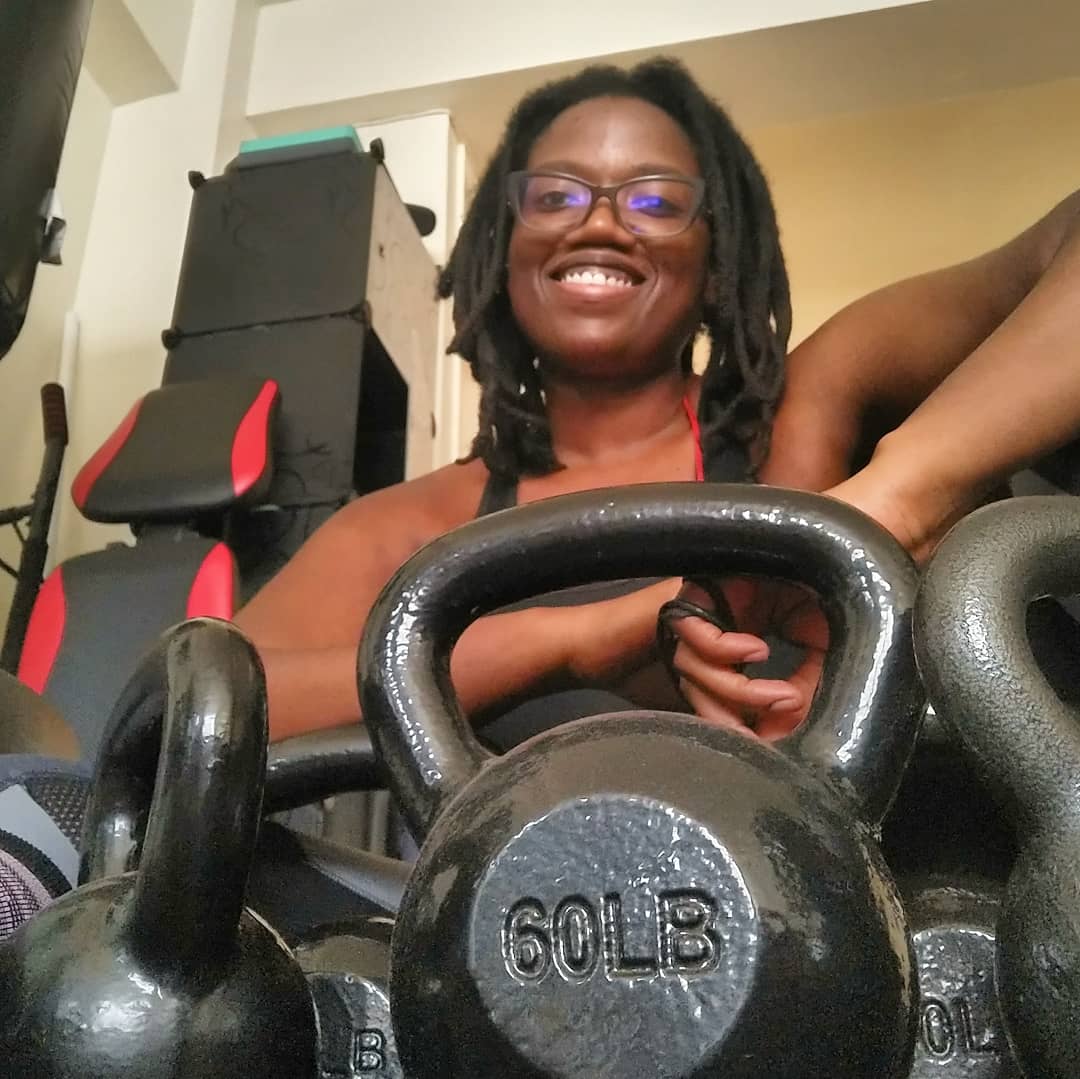
 RSS Feed
RSS Feed
